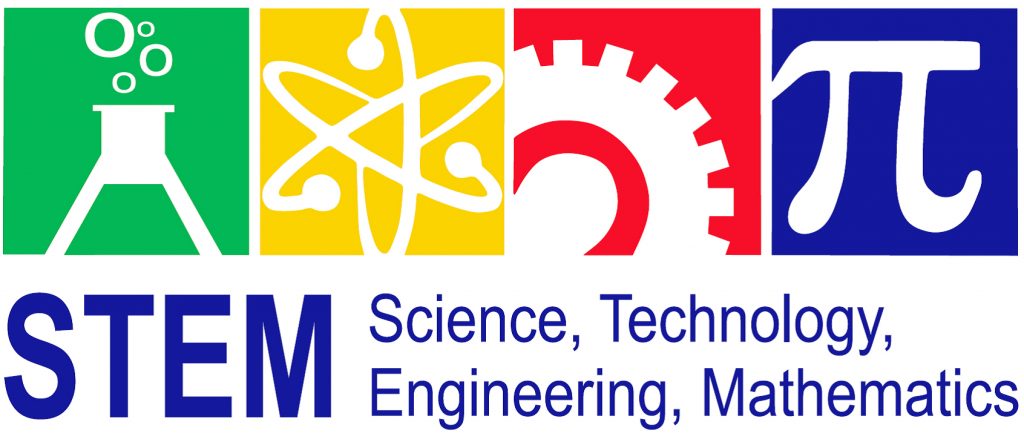 President Obama may be wrapping up his second term in office—and preparing to leave the White House—but his administration is still focused on addressing one of his prime directives that began 8 years ago: improving education. And not just any education, but specifically STEM (science, technology, engineering, mathematics) education, and more specifically computer science education for America’s youngest students.
President Obama may be wrapping up his second term in office—and preparing to leave the White House—but his administration is still focused on addressing one of his prime directives that began 8 years ago: improving education. And not just any education, but specifically STEM (science, technology, engineering, mathematics) education, and more specifically computer science education for America’s youngest students.
This, of course, should be an issue that everyone cares about and not just the President. America consistently lags behind other countries in the world of computers and engineering and a new report certainly nods to this. In this new report—discussed during a panel session at the New America Foundation—DoE STEM deputy director Melissa Moritz described that ethnic and gender imbalances are somewhat rampant in computer science education.
As a matter of fact, computer science classes are mostly spare throughout the country and yet remain disproportionately unavailable to low-income students. Moritz further argues that biases—whether conscious or otherwise—can deter many minority and female students from seeking more education in this field.
[graphiq id=”8KmqtFXITAx” title=”Careers in Computers & Math with the Highest Employment” width=”640″ height=”493″ url=”https://w.graphiq.com/w/8KmqtFXITAx” link=”http://career-profiles.careertrends.com” link_text=”Careers in Computers & Math with the Highest Employment | CareerTrends” ]
Furthermore, she attests, “Most of the kids who do not get to participate in computer science are kids of color, kids in low-income communities and girls. And there’s a number of reasons for that. First, it’s not offered in their school. Second, we also have to look at who is either encouraged to take it, either explicitly or implicitly.”
As such, Moritz also notes that the Obama Administration has launched the Computer Science for All initiative. This program, as you might expect, aims to develop a more universal approach to computer science education so that more students may be encouraged to participate. And President Obama’s most recent budget proposal reflects this effort, requesting two tracks of funding to support state-wide and district-wide efforts to expand computer programming in schools across the country, and across the whole of the Kindergarten through 12th grade educational spectrum.
